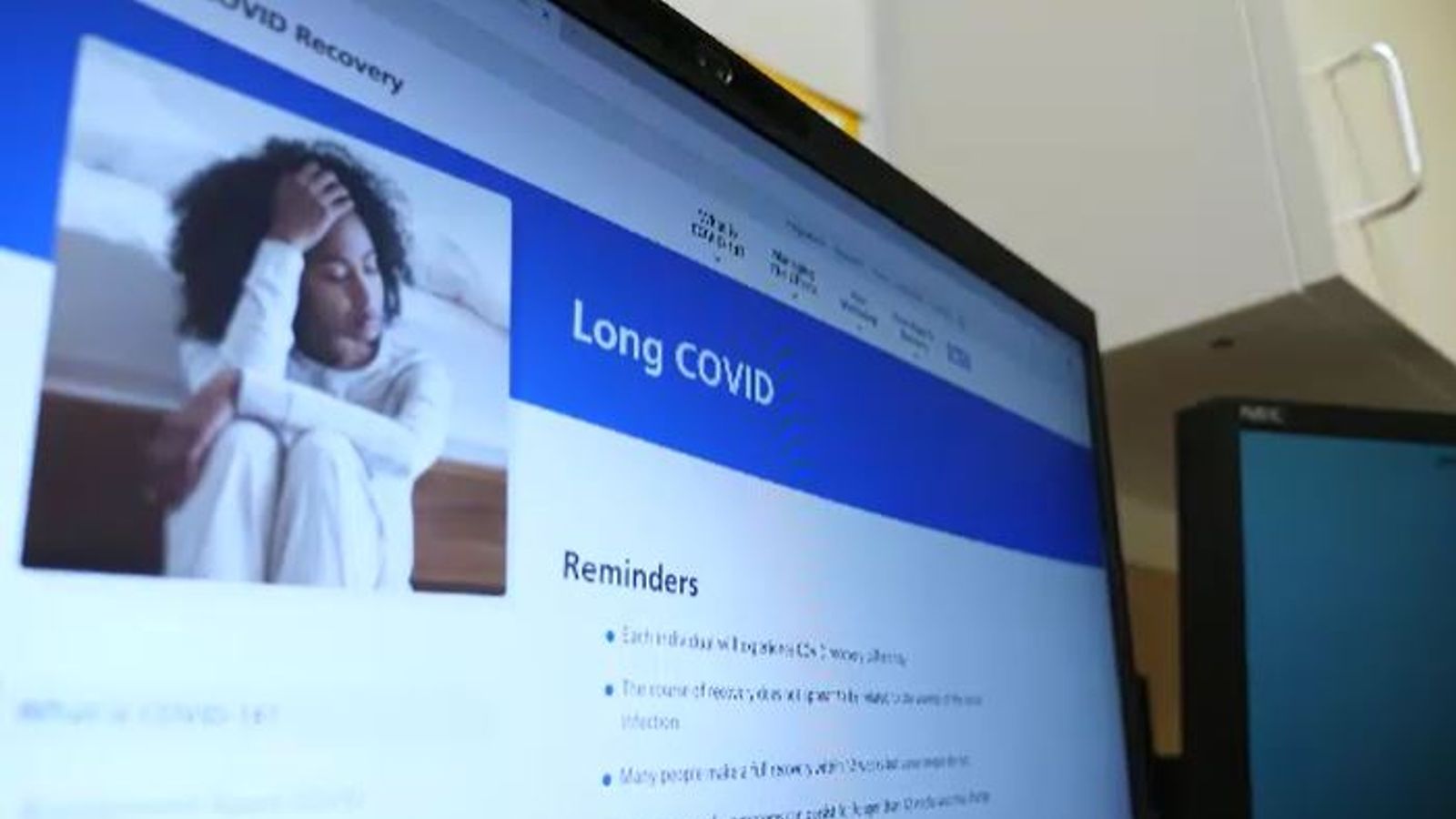People living in poverty are more likely to suffer with long COVID, a new study suggests.
According to the Institute for Fiscal Studies (IFS), people with coronavirus symptoms lasting more than four weeks are more likely to have been living in social housing or claiming benefits before they got ill.
Previous studies have shown that long COVID patients are more likely to be women, middle-aged and have an underlying health condition.
The IFS research, which uses data from the Office for National Statistics (ONS) UK Household Longitudinal Study and Understanding Society figures, indicates that one in 10 long COVID patients stop working while they still have symptoms.
This means that getting long COVID increases your chances of having to decrease working hours by six percentage points.
For those who do have to reduce their workload, this equates to an average of two-and-a-half fewer hours worked a week or £65 a month.
The IFS research also suggests that given 3% of the UK population had long COVID as of May this year, 110,000 workers are off sick from the condition at any one time.
Govt ‘does not know’ if COVID travel traffic light system worked despite nearly £500m price tag
Micronesia’s first COVID outbreak reaches 1,000 cases – after avoiding the virus for two-and-a-half years
Pandemic drinking could cause thousands of extra deaths and hospital admissions over next 20 years, NHS says
It also shows they are more likely to claim sick pay or reduce their hours as opposed to lose their jobs completely.
Long COVID costing economy £1.5bn a year
Tom Waters, senior economist at the IFS, said of the research: “It doesn’t look like COVID is going away, so presumably long COVID will be with us for a long time too.
“At current rates/severity, long COVID is putting 110k workers out of work at any one time and reducing aggregate pay by £1.5bn p.a. – and firms/govt have to pay benefits on top of that.”
Follow the Daily podcast on Apple Podcasts, Google Podcasts, Spotify, Spreaker
A separate ONS study recently revealed hair loss and sexual dysfunction as two previously unreported symptoms of long COVID.
Other new symptoms include bowel incontinence, hallucinations and apraxia – a sudden inability to perform learned movements on demand.
Fatigue is still the most common symptom – experienced by 55% of those with self-reported long COVID – followed by 32% with shortness of breath, 23% with a cough and 23% with muscle ache.












